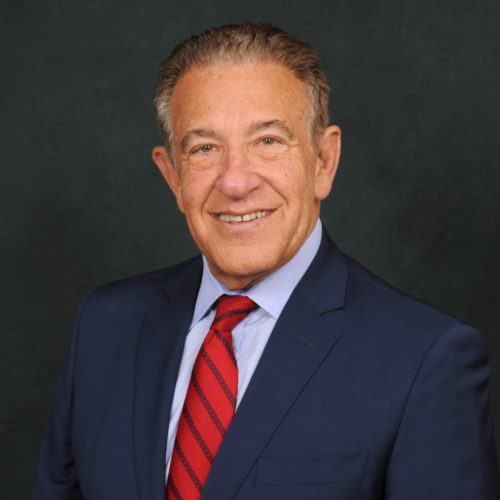Featuring Barry A. Hendin, MD
MSAA’s Chief Medical Officer
Question: What symptom affects up to 80% of people with MS and can worsen as the day goes on?
Answer: Fatigue.
Question: What are your recommendations for people with MS who are experiencing fatigue?
Answer: Fatigue is the most common symptom of multiple sclerosis. Although fatigue occurs in the general population, it’s more common and often more problematic in people with multiple sclerosis. The first approach should be to investigate the cause of fatigue with your clinician or neurologist. When MS is the only cause for the fatigue, it is labeled primary fatigue.
Many people with multiple sclerosis have secondary fatigue due to other associated problems including depression, anxiety, poor sleep, comorbidities, medications, and lifestyle choices. For secondary fatigue, treatment of these other problems can reduce the impact of fatigue.
A number of medications have been used to reduce MS-related fatigue, although none are FDA-approved specifically for MS fatigue. Common medications given for fatigue include Provigil® (modafinil), Nuvigil® (armodafinil), Amantadine, Ritalin® (methylphenidate), and Dexedrine® (dextroamphetamine). Additionally, some may find that caffeine is helpful, although that can be an irritant to the bladder. Certain antidepressants may also help lessen fatigue for some individuals, but please note that these may need to be taken for several weeks before an effect is seen. As with any change to one’s treatment regimen, individuals experiencing fatigue should always consult their physician to determine the best treatment plan for them. Wellness protocols, including consistent mild to moderate exercise, healthy diet, and attention to mental health, are often as effective or even more effective than medications for treating fatigue. It is reassuring to know that fatigue, although common, is treatable and manageable for most people with MS. For more information, please visit MSAA’s website section on fatigue.


